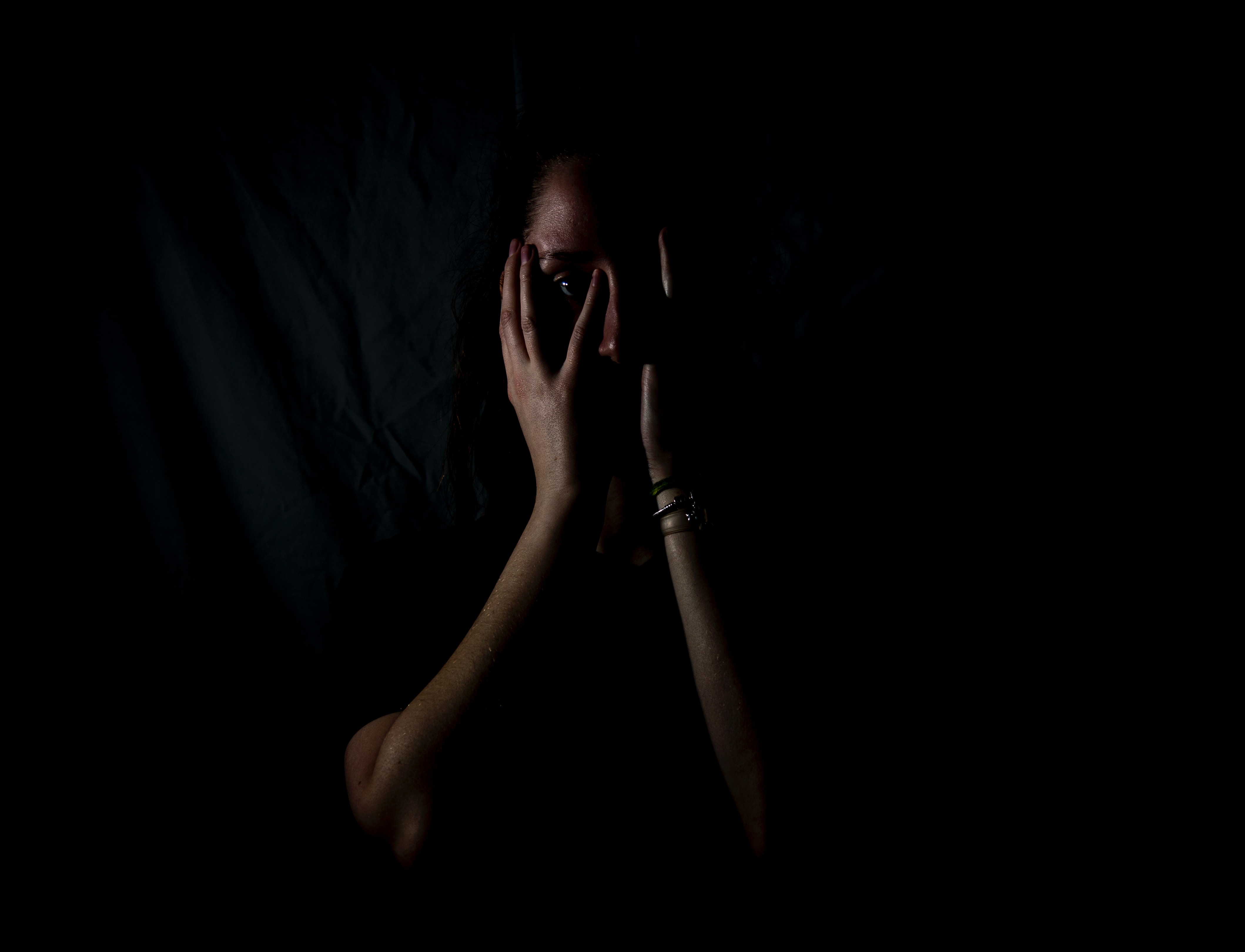Denmark: Minority Youths Fear Honour Crime
A report to be published in Denmark indicates that the number of minority youths who seek help because of family threats has almost quadrupled since 2005.
A still-unpublished report from Denmark’s National Organization of Shelters for Battered Women and Their Children (LOKK) indicates that an increasing number of young people from minority ethnic groups are seeking help as a result of family threats or violence, according to the Copenhagen daily Kristeligt Dagblad.
Since 2005, LOKK has offered advice to young people from ethnic minorities who experience serious conflicts with their families. In 2005, the organization advised 101 people who were either involved themselves in so-called honor-related issues or who knew someone who was. In 2008, that figure grew to 397.
“This is probably because more people have become aware that they can approach us for help,” says LOKK’s Lene Johannesson. “But the figures show that the problem continues. Despite the fact that there have been efforts to foster integration for several years, young girls in particular are still the targets of honor-related abuse.”
Most of the people who approach the LOKK are young women from ethnic minorities who have found an ethnic Danish boyfriend contrary to the will of their parents.
“But their approaches can also be because they want to be able to act like normal Danish young people and to be out in the evenings and make their own choices about education and other things like that,” Johannesson adds.
“Most of the girls who approach us have already had a verbal conflict with their parents during which threats have been made,” Johannesson continues. “These can be threats that they will be confined to the house or sent back to their country of origin. Or it can be a threat of violence.”
LOKK tries to help these girls find out what they can do. For example, the organization offers mediation between the young people and their parents. The organization can also provide practical information, such as where to get help in moving away from home, should that become necessary.
“If the situation is serious, we often help the girls on to a crisis center. That happens with quite a few of them,” Johannesson says.
The Dannerhuset, which claims to be Denmark’s “oldest and largest crisis center and shelter for women and children who have been subjected to domestic violence,” also takes in several young minority women each year who have been the target of family violence.
“Often this is about them refusing to enter into forced marriages,” says Henriette Hojberg, Dannerhuset’s senior counselor. “These women do not necessarily want to reject their cultural origins, but they want to be able to choose who they have a relationship with. They want to decide about their own lives themselves.”
Since 2006, the National Police Investigation Center has registered 400 so-called honor crimes in Denmark. These range from threats, compulsion, violence and confinement to forced marriages and forced repatriation to the family’s country of origin.
Source: Politiken.dk (and reprinted in Spiegal Online) 8 April 2009
http://www.spiegel.de/international/europe/0,1518,618216,00.html

